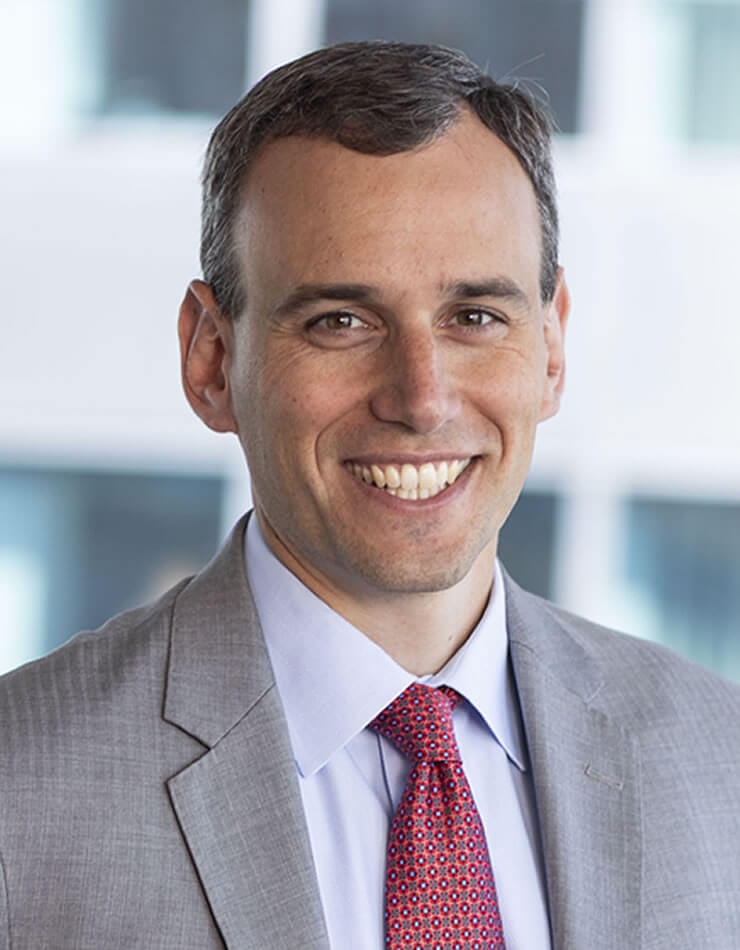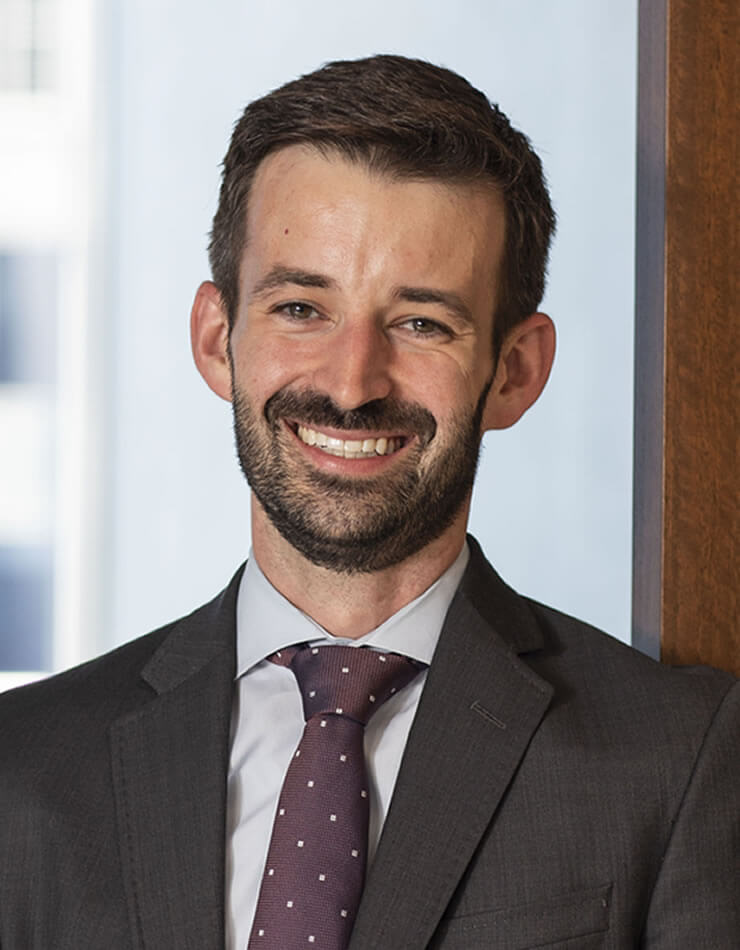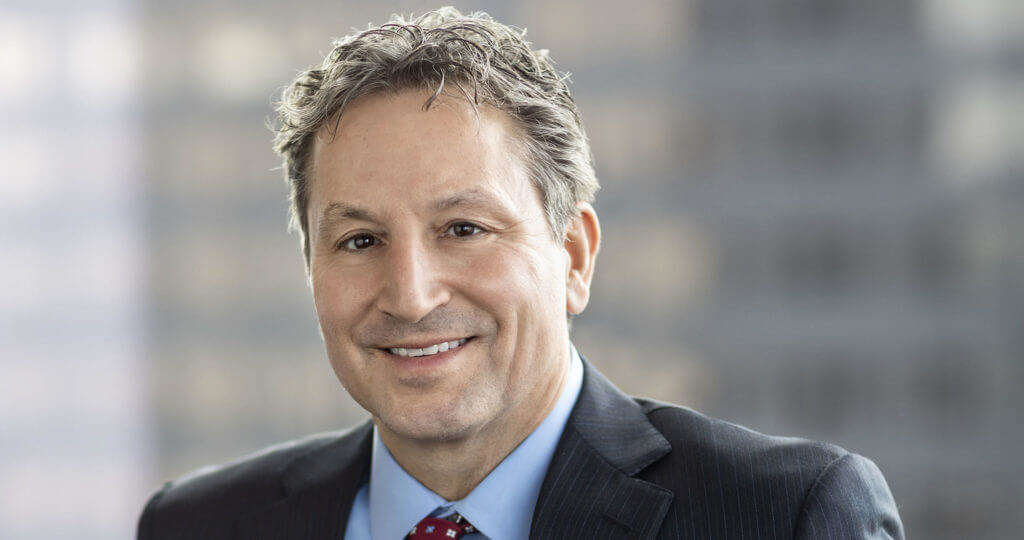Oakmark International Small Cap Fund – Investor Class
Average Annual Total Returns 03/31/17
Since Inception 11/01/95 9.55%
10-year 2.73%
5-year 6.45%
1-year 17.83%
3-month 9.59%
Gross Expense Ratio as of 09/30/16 was 1.38%
Past performance is no guarantee of future results. The performance data quoted represents past performance. Current performance may be lower or higher than the performance data quoted. The investment return and principal value vary so that an investor’s shares when redeemed may be worth more or less than the original cost. The performance of the Fund does not reflect the 2% redemption fee imposed on shares redeemed within 90 days of purchase. To obtain the most recent month-end performance data, view it here.
The Oakmark International Small Cap Fund returned 9.6% for the quarter ended March 31, 2017, outperforming the MSCI World ex U.S. Small Cap Index, which returned 7.6% for the same period. Since the Fund’s inception in November 1995, it has returned an average of 9.6%, annualized.
The top-performing stock for the quarter was IWG (formerly known as Regus). IWG is a global flexible workplace provider whose network includes almost 3,000 locations across 900 cities in over 100 countries. IWG’s share price reacted favorably after the release of the company’s fiscal year 2016 earnings results in late February. The company reported 5% constant currency revenue growth, which was admittedly a little bit weaker than we had expected, but was more than offset by a 13% constant currency decline in overhead expense. This cost cutting was achieved even as the company expanded its network by 6%—a further illustration of IWG’s excellent progress in restructuring its cost base. The company’s strong operating leverage produced robust free cash flow and a material improvement in return on invested capital. We expect these trends to continue as management further rationalizes its overhead expenses while it increases the mix of capital contributions from third parties. These partnering relationships enable IWG to grow in a capital light manner while further reinforcing its significant scale advantage. (IWG has almost 20 times as many locations as the number two player in the industry.) While IWG’s shares performed quite strongly in the first quarter, we see substantial upside from current levels and the company remains a significant holding in the portfolio.
The Fund’s largest detractor for the quarter was SKY Network Television. Based in New Zealand, SKY Network Television provides pay-television services, with content ranging from news and sports to movies and pay-per-view events. SKY Network Television’s fiscal first-half earnings were largely in line with analysts’ expectations. However, news that the New Zealand Commerce Commission would not clear the company’s proposed merger with Vodafone New Zealand weighed on SKY’s share price in February and disappointed investors, including us, who believed the merger would benefit shareholders. Although we have reduced our estimate of SKY’s intrinsic value, we continue to remain shareholders, as we believe its standalone business is still trading at a large discount to the company’s true worth.
We initiated three new positions in the Fund this quarter: Megacable Holdings, Wirecard and Howden Joinery Group. Megacable Holdings is the second-largest cable provider in Mexico and the last remaining independent cable company of its size in the country. Based in Germany, Wirecard provides outsourcing and white label solutions for electronic payment transactions. Howden Joinery Group is the leading supplier of kitchens in the U.K., controlling 25% of the total market share. We eliminated our positions in Ferrari (Italy) and Interpump Group (Italy) during the quarter.
Geographically, we ended the quarter with 21% of our holdings in Asia, 60% in Europe and the U.K., and 11% in Australasia. The remaining positions are 5% in North America (Canada and the U.S.) and 3% in Latin America (Brazil and Mexico).
We still maintain hedge positions on two of the Fund’s currency exposures. As of the quarter end, the Australian dollar hedge was 9% and the Swiss franc exposure was hedged 10%.
Thank you for your continued confidence and support.
The securities mentioned above comprise the following percentages of the Oakmark International Small Cap Fund’s total net assets as of 03/31/17: IWG PLC 4.4%, SKY Network Television, Ltd. 1.7%, Vodafone Group Plc 0%, Megacable Holdings SAB 0.7%, Wirecard AG 1.4%, Howden Joinery Group PLC 0.9%, Ferrari N.V. 0% and Interpump Group SpA 0%. Portfolio holdings are subject to change without notice and are not intended as recommendations of individual stocks.
Click here to access the full list of holdings for the Oakmark International Small Cap Fund as of the most recent quarter-end.
The MSCI World ex U.S. Small Cap Index (Net) is a free float-adjusted, market capitalization-weighted index that is designed to measure the equity market performance of developed markets excluding the U.S. The MSCI Small Cap Indices target 40% of the eligible Small Cap universe within each industry group, within each country. MSCI defines the Small Cap universe as all listed securities that have a market capitalization in the range of USD200-1,500 million. This benchmark calculates reinvested dividends net of withholding taxes using Luxembourg tax rates. This index is unmanaged and investors cannot invest directly in this index.
The stocks of smaller companies often involve more risk than the stocks of larger companies. Stocks of small companies tend to be more volatile and have a smaller public market than stocks of larger companies. Small companies may have a shorter history of operations than larger companies, may not have as great an ability to raise additional capital and may have a less diversified product line, making them more susceptible to market pressure.
The percentages of hedge exposure for each foreign currency are calculated by dividing the market value of all same-currency forward contracts by the market value of the underlying equity exposure to that currency.
Investing in foreign securities presents risks that in some ways may be greater than U.S. investments. Those risks include: currency fluctuation; different regulation, accounting standards, trading practices and levels of available information; generally higher transaction costs; and political risks.
The discussion of the Fund’s investments and investment strategy (including current investment themes, the portfolio managers’ research and investment process, and portfolio characteristics) represents the Fund’s investments and the views of the portfolio managers and Harris Associates L.P., the Fund’s investment adviser, at the time of this letter, and are subject to change without notice.
All information provided is as of 03/31/17 unless otherwise specified.









